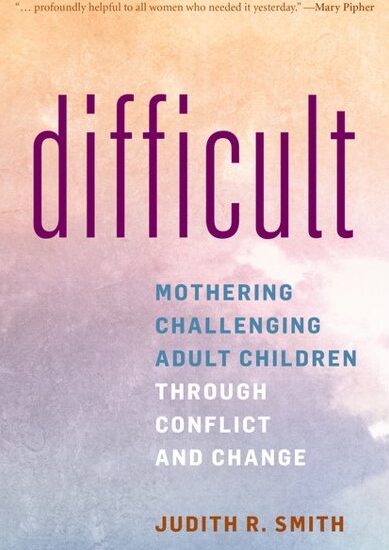
May May Leung, PhD, RD is an assistant professor at the CUNY School of Public Health at Hunter College. Her research expertise includes the development and evaluation of innovative health communication and community-based interventions to prevent childhood obesity.
In about 6 months, you shouldn’t be able to find sugary drinks over 16 ounces in such foodservice establishments as delis, restaurants and even sports arenas and movie theaters in New York City. Not surprisingly, the Board of Health showed resounding support for Mayor Bloomberg’s proposal last month as it passed by a vote of eight to zero, with one abstention. The policy will begin on March 12, 2013, with fines to violators implemented in mid-June.
Opponents such as New Yorkers for Beverage Choices, which is an industry-financed group opposed to the policy, said they are exploring all possible options to prevent the ban from taking effect next year, including the possibility of a legal challenge. Meanwhile, supporters and board members have said that they cannot imagine the board not acting as there is “overwhelming” evidence that obesity is a major health problem in the city and nation.
So, what is the updated evidence on sugary drinks and obesity? Well, three new studies were recently published in the New England Journal of Medicine, that show consumption of sugary drinks may indeed influence obesity development across different age groups as previous research have only highlighted associations.
Qi and colleagues conducted a study to examine genetic predisposition to obesity in adults and consumption of sugary drinks. The results support a gene-environment interaction related to obesity and sugary drinks consumption as adults with a greater genetic predisposition for obesity may be more susceptible to the negative effects of sugary drinks. Two other studies, which focused on youth, examined the impact of interventions focused on reducing the consumption of sugary drinks. One study found that replacing sugary drinks with sugar-free drinks for one and a half years reduced weight gain and fat accumulation in normal weight children. Another study looked at obese and overweight adolescents who frequently consumed sugary-drinks and found that after one year those whose drinks were replaced with non-caloric beverages had significant changes in body mass index (BMI) compared to those whose drinks were not replaced. However, the results did not remain after an additional year of follow-up.
All three studies do provide new evidence in support of the argument that Mayor Bloomberg’s large sugary drinks initiative was based upon so hopefully we shall bear witness to the intended outcomes of decreased obesity rates and healthier New Yorkers in the years to come.
Source: http://www.medifasthealth.org/general/will-a-ban-on-sugary-drinks-work-for-nyc/










Pingback: The Sweet Tooth: Bliss Now, Pay Later | HealthCetera – CHMP's Blog / April 1, 2013
/